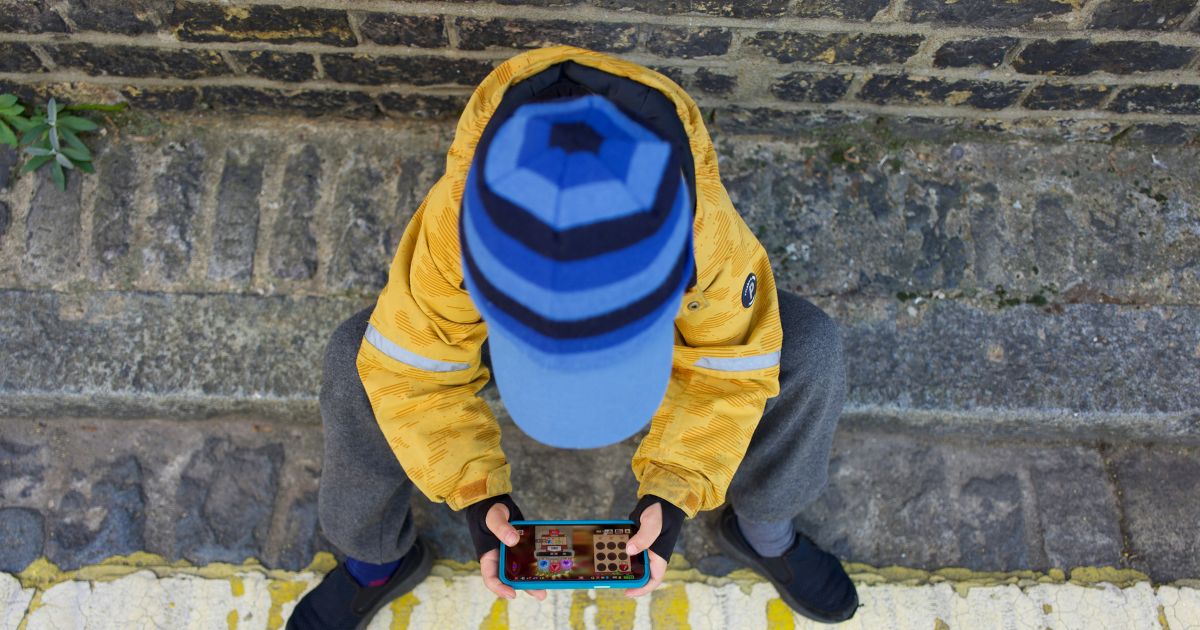A terrifying new trend of AI chatbots bullying kids and even prompting them to kill themselves has left the Australian government extremely worried.
Talking to journalists on 18th October the federal education minister, Jason Clare, explained that artificial intelligence was “supercharging” bullying.
“AI chatbots are bullying children now. It’s not children bullying children, it’s AI bullying children, humiliating them, hurting them, calling them losers … telling them to kill themselves. I cannot think of anything more horrifying than that,” Clare said.
Concern is growing about teenagers using AI.
In California, the family of 16-year-old Adam Raine is suing OpenAI, the firm responsible for the phenomenally popular ChatGPT service, for allegedly urging their son to kill himself.
Once the Raine family had brought the complaint, the company released a statement admitting the failure of its models in responding to individuals “in serious mental and emotional distress” and that it was actively trying to enhance the systems so that they could better “recognise and respond to signs of mental and emotional distress and connect people with care, guided by expert input”.
“Hearing that it could be one of these apps that’s instructing you to kill yourself and children have done it abroad scares me,” Clare said. He did not name any specific AI chatbots.
On Saturday, the minister unveiled a package of new anti-bullying strategies, such as schools being required to respond to bullying incidents within 48 hours, and teachers being given specialist training. The measures are a part of a new national plan to eradicate bullying.
State and territory education ministers have supported the central findings of the national anti-bullying plan following a gathering on the Gold Coast on Friday.
Teachers will be aided with additional training and resources to respond to bullying and take action sooner, with the federal government contributing $5m towards resources for students, parents, and teachers.
There is also $5m for a national campaign to raise awareness.
The anti-bullying rapid review wrote that punitive responses like suspensions or expulsions “can be appropriate in some circumstances” for children who are bullied.
The most effective outcomes, however, usually come with taking action to assist in repairing relationships and resolving root causes for the antisocial behaviour, it claimed.
One in four pupils aged four to nine have reported being bullied every few weeks or more, the review added. Children or adolescents who have been bullied are more likely than other children to have mental health and well-being difficulties.
Cyberbullying also affects young people, with reports to the eSafety Commissioner rising over 450% from 2019 to 2024.
Preventing online bullying is among the reasons behind the federal government’s coming social media ban for children under 16, which comes into effect on 10 December.




